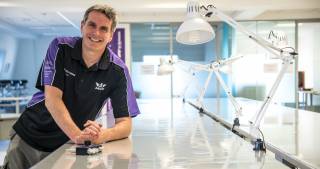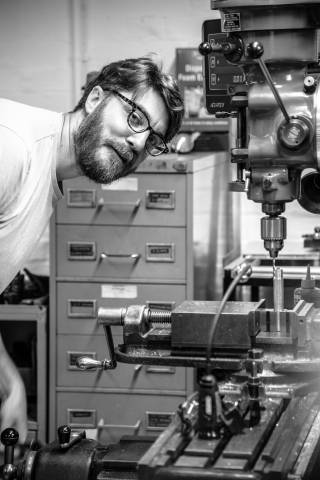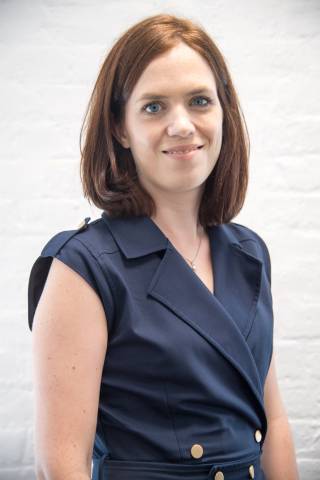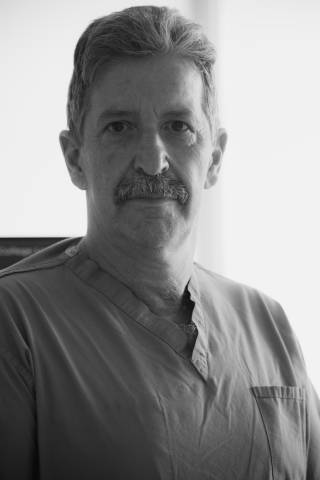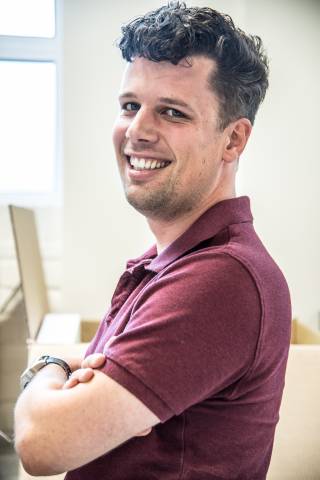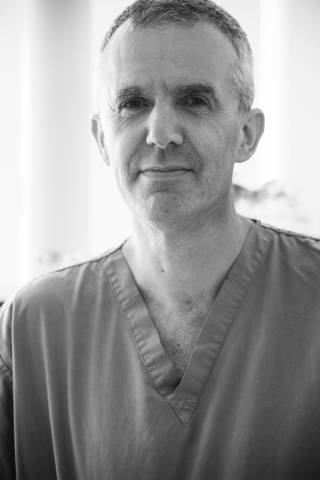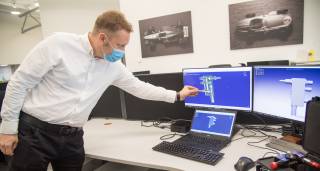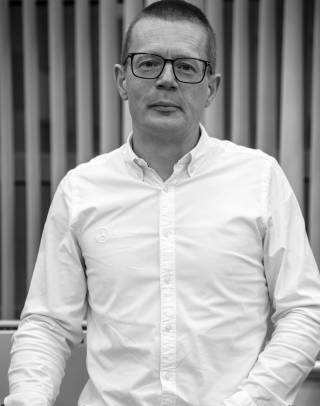UCL Ventura team wins prestigious engineering award
17 August 2020
UCL healthcare engineers who developed a CPAP breathing aid now used in hospitals across the UK have received an award from the Royal Academy of Engineering for exceptional services during a pandemic.
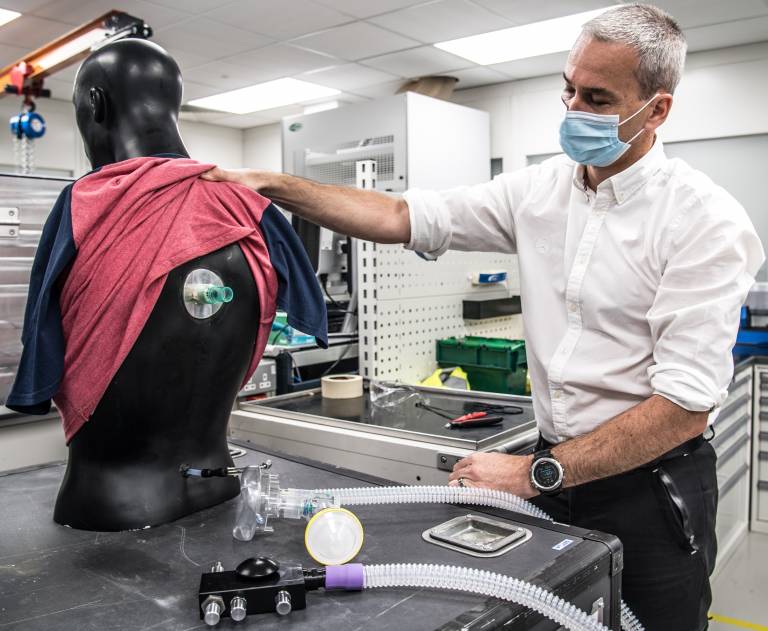
The UCL Ventura team, led by Professor Rebecca Shipley (UCL Healthcare Engineering) and Professor Tim Baker (UCL Mechanical Engineering), worked with Mercedes-AMG High Performance Powertrains and UCLH to reverse engineer a Continuous Positive Airway Pressure (CPAP) device in record time, gaining regulatory approval in 10 days. The UCL-Ventura device is now helping patients in more than 60 hospitals across the UK.
In recognition of their efforts, the team behind the UCL-Ventura device have received the Royal Academy of Engineering’s President’s Special Award for Pandemic Services. The awards, given to 19 individuals and teams across the UK, honour exceptional engineering achievements in tackling Covid-19.
Professor Michael Arthur, UCL President & Provost said: “This extraordinary team reverse-engineered, built, tested and obtained regulatory approval for these devices within 10 days, providing vital support to the NHS at a critical time. The UCL community is incredibly proud of their achievement.”
CPAP devices were used extensively in China and Italy to help Covid-19 patients breathe more easily, but the devices were in short supply in UK hospitals, so engineers at UCL and Mercedes-AMG HPP worked round-the-clock to reverse engineer a device that could be manufactured rapidly by the thousands. The UK Government ordered 10,000 devices and the order was completed within 15 days, reaching over 60 NHS hospitals.
To contribute to the global humanitarian effort, the multidisciplinary project team released full design and manufacturing instructions at no cost. These blueprints have been downloaded by more than 1,900 organisations from 105 countries.
Teams have begun manufacture and hospital testing of devices in Brazil, Bulgaria, Canada, Colombia, Ecuador, Germany, India, Iran, Mexico, Peru, Pakistan, Palestine, Philippines, Russia, South Africa and the US and the UCL-Ventura team continues to provide technical, manufacturing and clinical support, working with UK Government teams.
Prof Nigel Titchener-Hooker, Dean of UCL Engineering commented: “I am immensely proud of the whole of the CPAP development team at UCL Engineering . The speed of development combined with the interdisciplinary approach of UCL, industry and clinical partners shows the astonishing things that can be achieved when we all work together. The UCL Ventura Project is Healthcare Engineering innovation at its best.”
Claire Burges Watson, Counsellor Political at the British High Commission in Nairobi, said: "I have been enormously impressed by the drive, commitment and selfless dedication of Rebecca Shipley and the UCL team in supporting the UK and so many countries in the developing world in seeking to cope with this devastating pandemic.
"Not only have she and the team been very proactive in trying to provide a practical solution for a critical problem facing these countries, but they have worked hard to provide objective advice on the pros and cons of the CPAP. This reflects very well on their humanitarian commitment and our country’s reputation."
Ross Brawn, Managing Director of Motorsports at Formula 1, said: "As well as the foresight to identify the probable need for less invasive ventilation support...the team at UCL did something about it and committed to a programme at a point of time when some may have considered it to be, at best, speculative, but we now know to have been visionary.
"Formula 1 has an extreme culture of engineering in terms of solutions and time scales, and the fit with the UCL team was perfect. The design and delivery of 10,000 CPAP devices by HPP was in a time scale considered impossible by normal references, 15 days from the confirmation of order."
Lord Agnew said: "The UCL-Ventura team has been a remarkable collaboration of medicine, science and industry brought together through engineering innovation at pace with few examples in modern British Life.
"The availability of these devices has helped frame the debate for less invasive oxygen treatment, a result from which everyone benefits - the patient who is in hospital for a shorter period of time, and the hospital as it puts less strain on their infrastructure.”
 Close
Close


